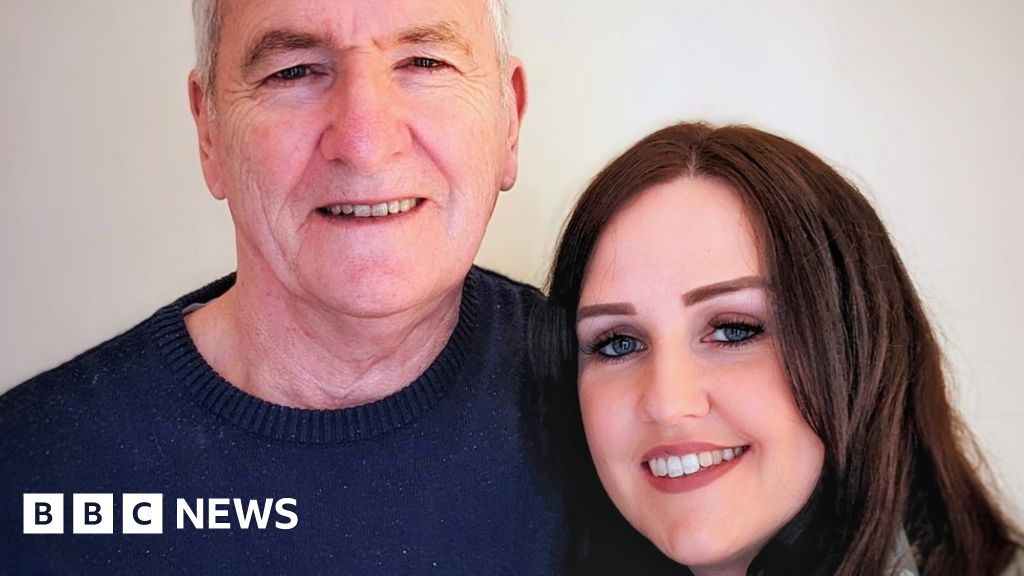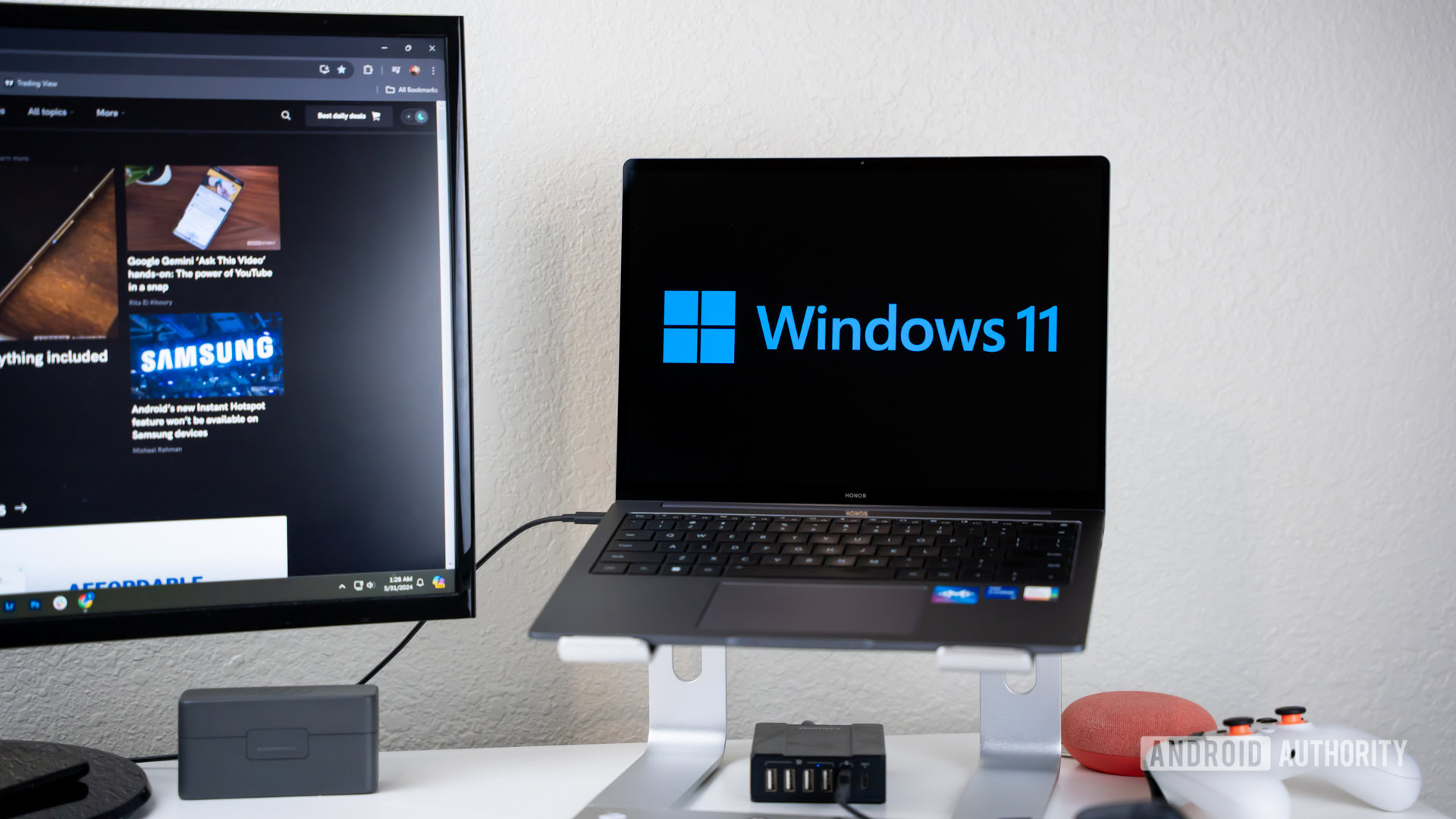Image source, Nicola Theis
Nicola Theis and her father have been diagnosed with Lynch syndrome
Thousands of people in England with a genetic condition that raises their risk of bowel cancer by up to 80% will be given regular cancer checks.
The move will save lives by detecting cancers early in people with Lynch syndrome, the NHS says.
The condition is thought to affect 175,000 people in England, but few are aware they have it.
A simple blood test can identify it – those affected can have a colonoscopy every two years from a young age.
The procedure will be offered at local bowel cancer screening centres, close to people’s homes, NHS England said.
What is Lynch syndrome?
- Lynch syndrome is an inherited condition that increases the risk of certain cancers, including bowel, ovarian and pancreatic
- It does not directly cause cancer, but genetic mutations which run in families can make the disease more likely at a younger age
- One in 400 people in England is thought to have it, but only 5% are aware they do
- It is thought to raise the lifetime risk of bowel cancer by up to about 80%
- About 1,100 bowel cancers are caused by Lynch syndrome each year in England
Genetic testing for Lynch syndrome is now available to all those diagnosed with bowel and endometrial cancer, and relatives and families can also be tested.
University lecturer Nicola Theis, from Cheltenham, found out she had Lynch syndrome following her dad’s diagnosis with advanced bowel cancer in 2019.
He was only given months to live, which she says was “devastating for our family”.
But he started receiving immunotherapy treatment which began to shrink his tumour.
“Miraculously, he was cancer-free in less than a year and his scans have been clear since. I’m so happy he’s still with us,” Nicola says.
She was then tested and diagnosed with Lynch syndrome, and is now being screened regularly.
“Being part of the screening programme gives me the confidence that any cancers that may develop can be caught earlier, when they’re more treatable.”
Hard to detect
Bowel cancer is now the third most common cancer in the country and cases are rising year on year, according to the clinical director for cancer at NHS England.
“It also tends to be one of the harder cancers to detect at an early stage because signs and symptoms usually appear later,” Prof Peter Johnson said.
He said people should come forward for regular screening when invited, and also look out for any potential symptoms.
- a change in bowel habits
- blood in the poo
- abdominal pain
“If you do notice any of these changes, please do come forward for checks at your GP surgery – getting checked saves lives,” Prof Johnson added.
NHS England has pledged to offer bowel cancer screening to everyone from the age of 50 by 2025.
Screening for bowel cancer starts at 50 in Scotland, 51 in Wales and 60 in Northern Ireland.
‘Finding cancer early’
The charity Bowel Cancer UK said it expected to see “a vast improvement” in outcomes for people with Lynch syndrome with the offer of regular cancer checks.
“They will now have regular access to high-quality colonoscopy tests regardless of where they live in England,” said chief executive Genevieve Edwards.
She said England was the first country in the world to introduce a programme to improve the care of people with Lynch syndrome, which is one of the most common inherited cancer syndromes.
Health Minister Andrew Stephenson said: “This means that the NHS has a better chance of finding cancers at a time when they can be more easily and effectively treated.”
But waiting times for cancer treatment in England in 2023 were the worst on record, a recent BBC News analysis found.
Only 64.1% of patients started treatment within 62 days of cancer being suspected, meaning nearly 100,000 waited longer than they should have done for life-saving care.
However, there were improvements during 2023 in how quickly patients were diagnosed – 72% were told whether or not they had cancer within 28 days of an urgent referral.

Sarah Carter is a health and wellness expert residing in the UK. With a background in healthcare, she offers evidence-based advice on fitness, nutrition, and mental well-being, promoting healthier living for readers.








